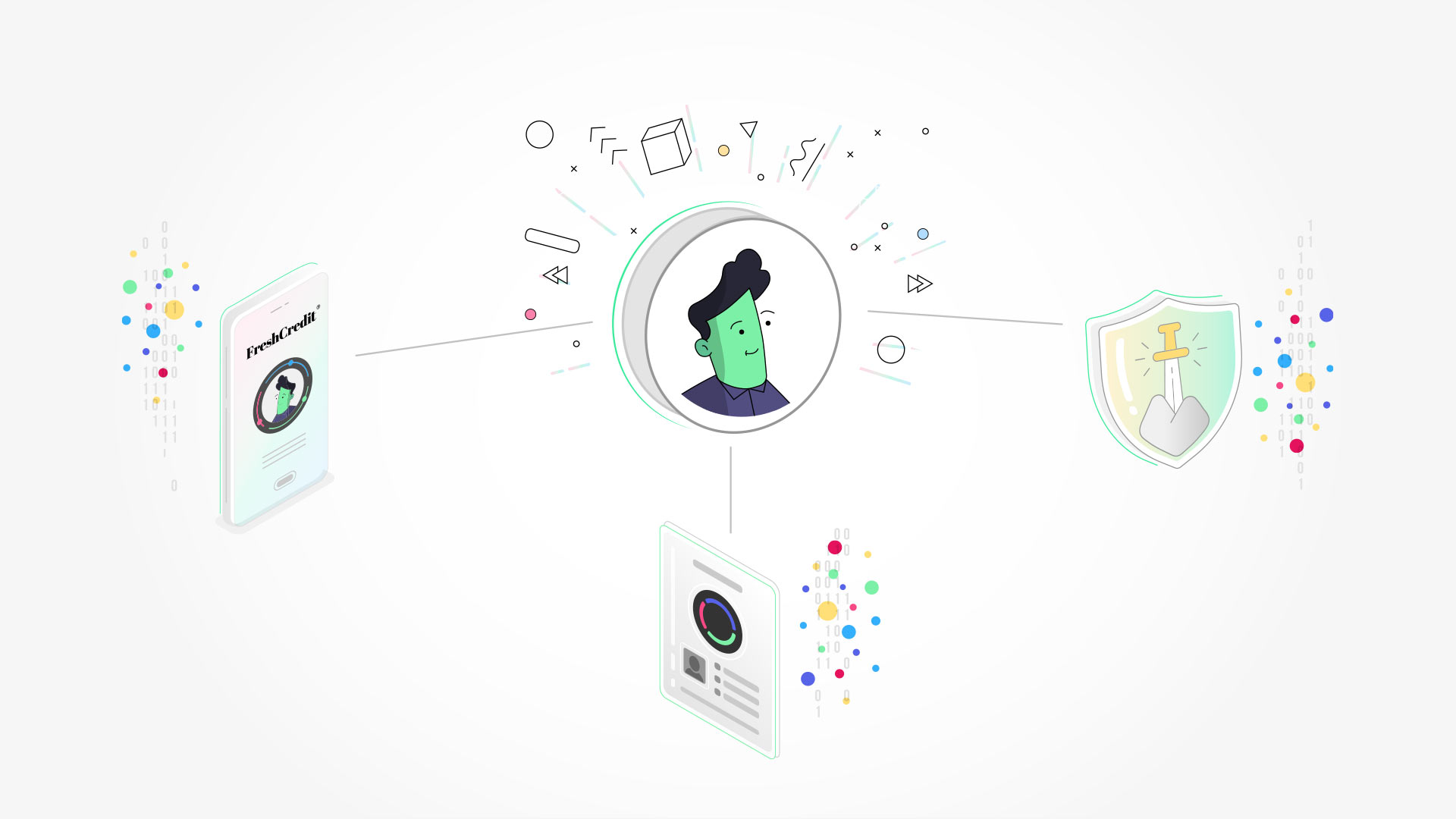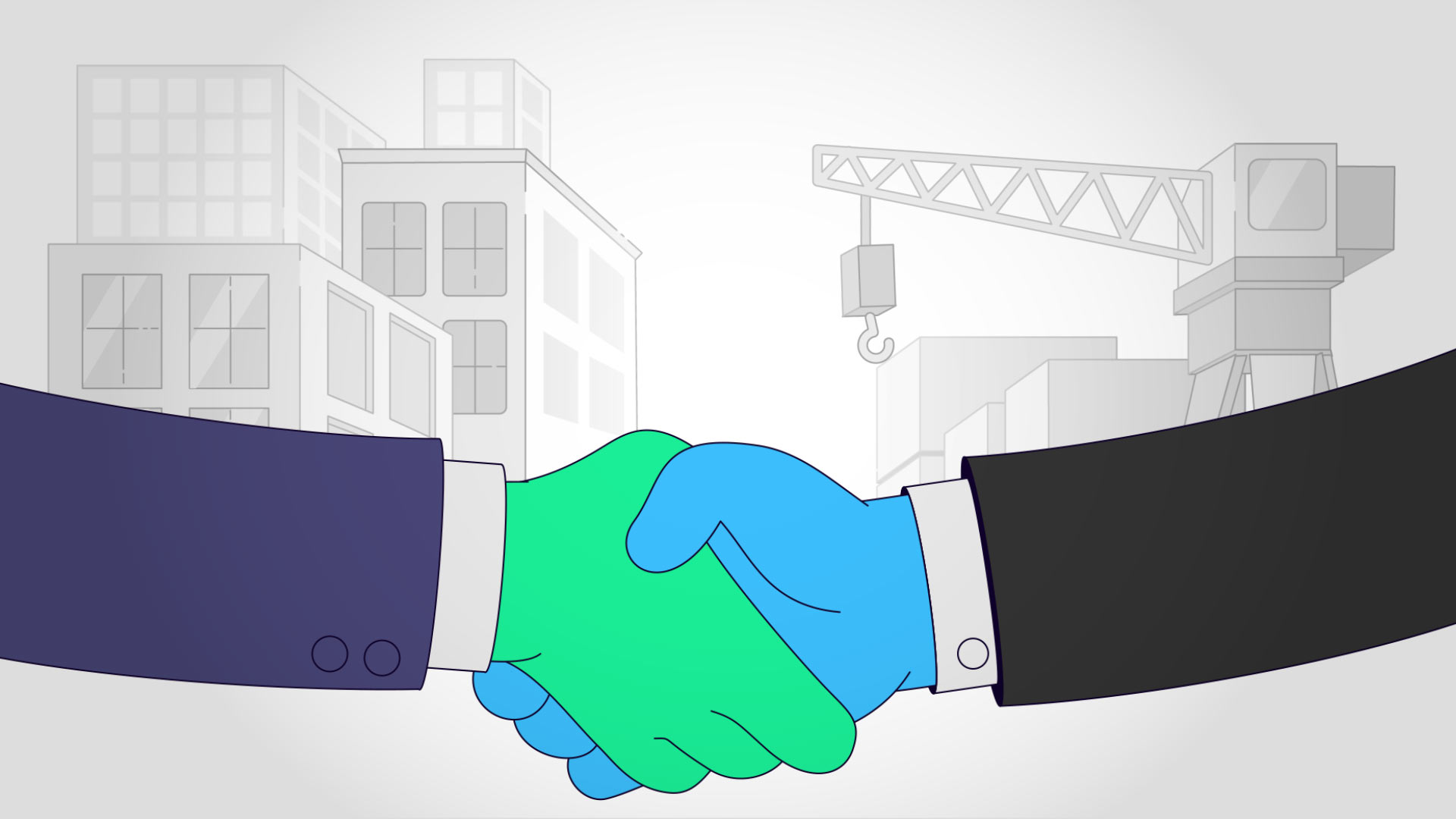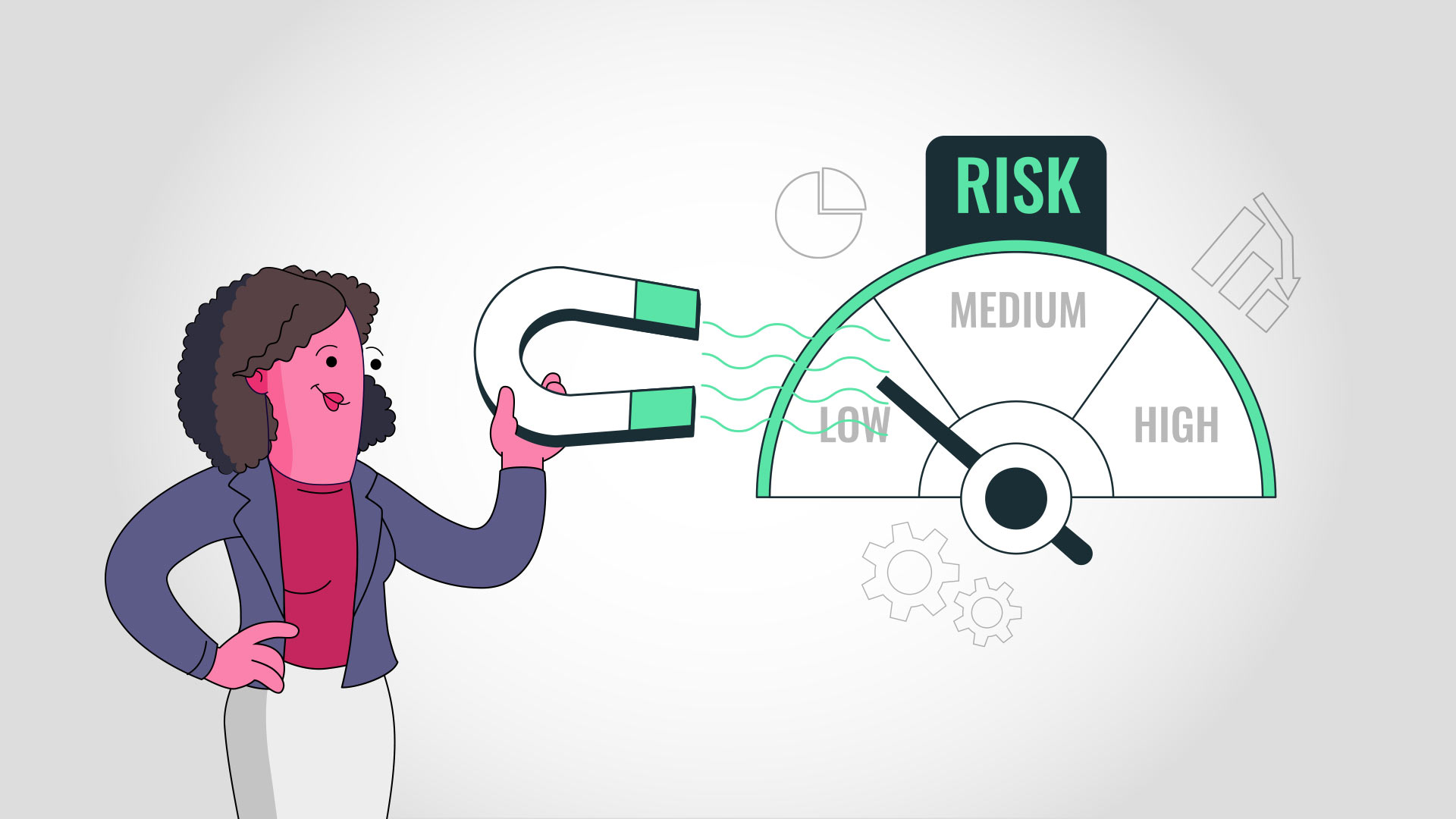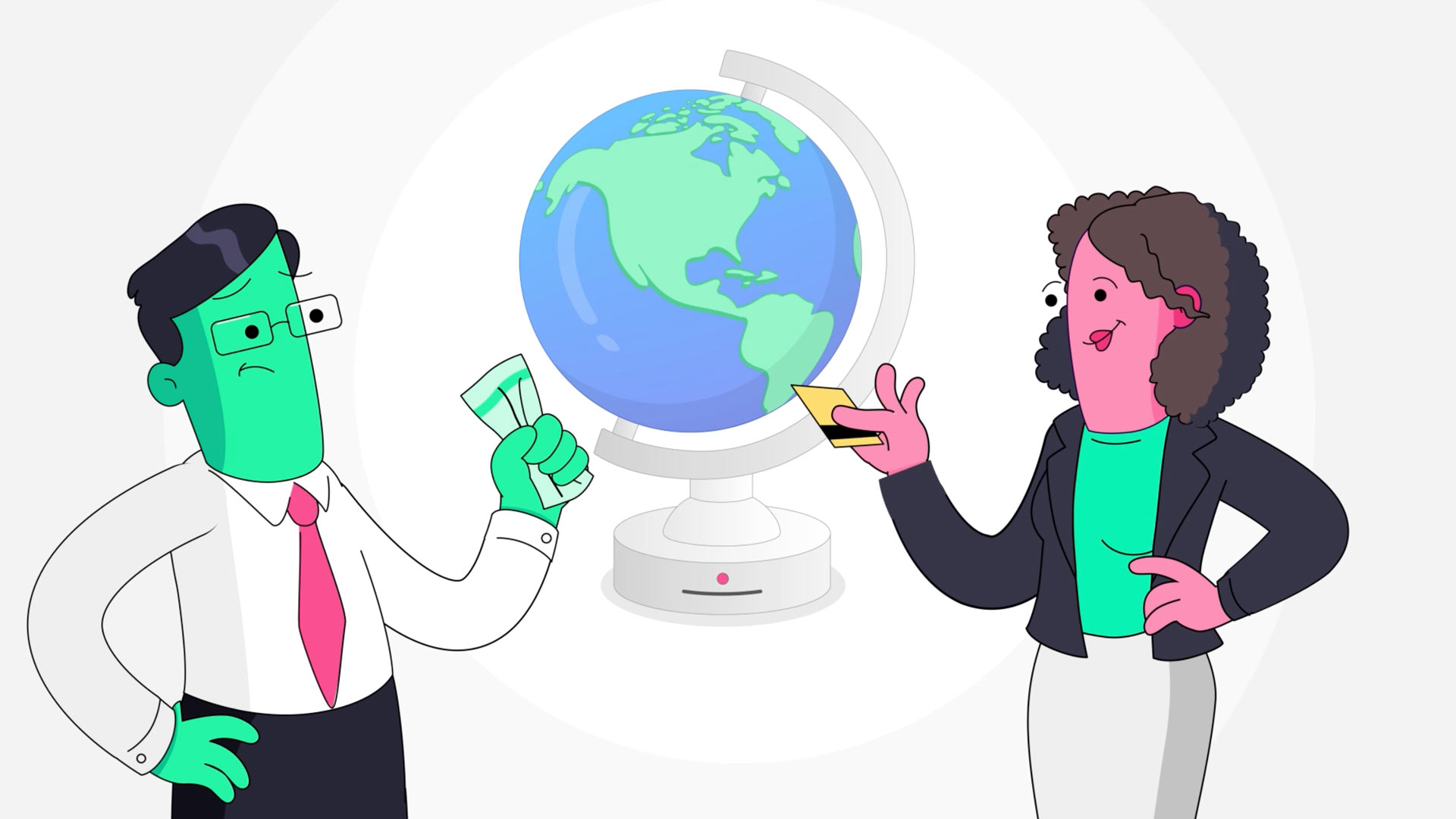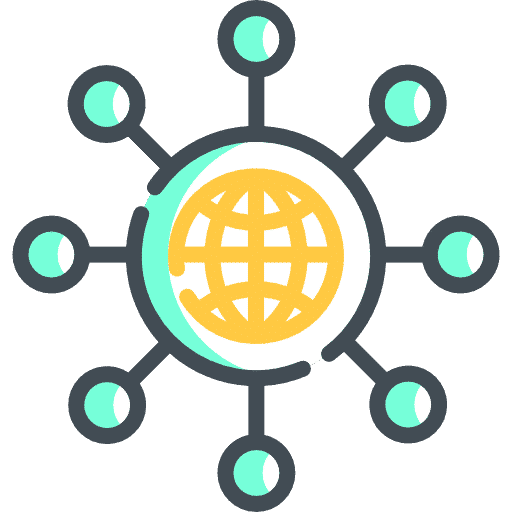In the digital age, the intersection of biology, finance, and technology, known as BioFinTech, is emerging as a powerful force to address some of the most pressing human issues, including loneliness. This article explores how financial tools, particularly credit and financial health, can be leveraged to combat loneliness by fostering connectivity and trust. As we delve into the world of BioFinTech, we’ll explore its potential in creating a more connected and less lonely world.
BioFinTech, a relatively new field, is the convergence of biological understanding, financial services, and technological advancements. It’s an area that holds immense potential for personalizing financial services and creating solutions that are tailored to individual needs and circumstances. This human-centric approach is particularly relevant when addressing issues like loneliness, which are deeply personal and subjective.
The Interplay of BioFinTech and Loneliness
Loneliness, a universal human experience, has been exacerbated in the modern world by factors such as urbanization, aging populations, and the rise of digital communication. BioFinTech, with its focus on personalization and human-centric design, offers innovative solutions to this problem. But how exactly does BioFinTech intersect with loneliness? And how can financial tools help alleviate this pervasive issue?
The Role of Data
In the world of BioFinTech, data is king. It’s the lifeblood that fuels AI algorithms and the foundation upon which financial decisions are made. AI’s reliance on data is 100%. The quality of this data, as maintained by ledgers that hold that data, is crucial. Credit scores contribute to quality data. Variable ranges of risk as defined by credit scores are how we build not just a binary yes/no but a range of credit for individuals, businesses, and even infrastructure and non-human entities like AI.
In the context of loneliness, data can provide valuable insights into an individual’s social and financial behavior. It can help identify patterns of isolation, financial stress, and other factors that may contribute to feelings of loneliness. Moreover, data can help tailor financial services to meet individual needs, fostering a sense of inclusion and connection.
Credit as a Tool for Connection
Credit, in its essence, is a measure of trust. It quantifies an individual’s reliability in financial matters, which can extend to their reliability in personal and social contexts. By fostering financial health and trust, credit can serve as a tool for connection, reducing feelings of loneliness.
But credit is more than just a number. It’s a reflection of an individual’s financial journey, capturing their successes, failures, and resilience. It tells a story that can foster empathy and understanding, breaking down barriers and fostering connection. In this way, credit can serve as a powerful tool for combating loneliness.
Financial Health and Loneliness
Financial health is not just about wealth. It’s about having the financial stability and freedom to engage in social activities, to give and receive help, and to invest in relationships. By promoting financial health, BioFinTech can help individuals build strong social networks, thereby reducing loneliness.
Financial health is also about empowerment. It’s about having the confidence and capability to make informed financial decisions. This sense of empowerment can extend to other areas of life, fostering a sense of self-worth and belonging. In this way, financial health can serve as a powerful antidote to loneliness.
BioFinTech Solutions: Case Studies
As we delve deeper into the world of BioFinTech, let’s explore some real-world applications and case studies. These examples illustrate how BioFinTech is already making strides in combating loneliness and fostering connection.
Micro-Credit Scoring
Micro-credit scoring applies to scoring the performance of items and objects that normally, in the current credit scoring system, could not be judged as they are not people. This could include AI systems, infrastructure, or even social initiatives. By providing a credit score to these non-human entities, we can create a more nuanced and inclusive financial system.
This approach can foster a sense of community and shared responsibility. For instance, consider a community solar project. Each participant’s contribution to the project, in terms of financial investment, maintenance, and energy consumption, could be evaluated to generate a credit score. This score could foster a sense of shared ownership and responsibility, strengthening community bonds and reducing feelings of loneliness.
Blockchain-Backed Credit Scoring
Blockchain technology, with its promise of transparency and immutability, can enhance the trustability of credit scoring. Blockchain-backed solutions like FreshCredit’s credit scoring system can provide a more reliable measure of creditworthiness, fostering trust and connectivity among individuals and institutions.
Blockchain technology can also foster a sense of community and shared trust. By providing a transparent and tamper-proof record of financial transactions, blockchain can foster a sense of shared trust and accountability. This sense of shared trust can strengthen social bonds and reduce feelings of loneliness.
BioFinTech holds immense potential to address the issue of loneliness. By leveraging financial tools like credit and promoting financial health, BioFinTech can foster connectivity and trust among individuals and institutions. As we continue to innovate in this space, we must remember to keep the human element at the center of our designs and solutions. After all, at its core, BioFinTech is about using technology to enhance our biological and social lives.
As we stand on the brink of this exciting frontier, it’s clear that the synergy of biology, finance, and technology holds the key to a more connected and less lonely world. The future of BioFinTech is not just about technological innovation; it’s about creating solutions that address our most human needs and aspirations. And as we continue to explore this synergistic approach, we look forward to a future where technology serves to connect us, rather than isolate us.
